In June, in Shayuan, western Liaoning, mulberry trees more than one meter high spread out green leaves and scattered small flowers spit out their pistils; The wind in early summer blew Chinese pine green all over, and the buds of pine flowers gave off a little fragrance.
This is the southern edge of Horqin Sandy Land where liu village, Sihe Town, Zhangwu County, Fuxin City, Liaoning Province. 74-year-old Hou Gui is standing in his own forest. There is a shade at the height, green grass at the foot, and the sand in the sand is firmly covered.
At 9 o’clock in the morning, Hou Gui has completed more than three hours of mountain patrol every day, and the next job is watering. In April this year, Hou Guixin planted 20,000 seedlings. Now is the critical period for Chinese pine to stabilize seedlings, and only by pouring water can they take root.
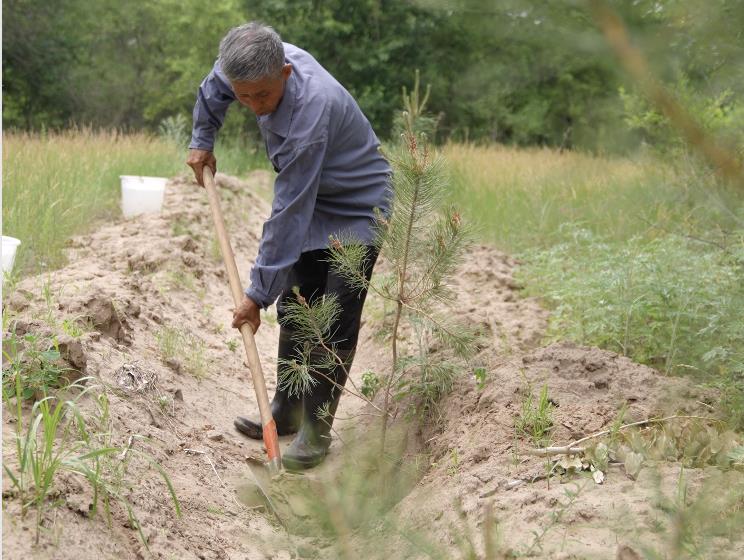
It is not easy to water the saplings on the mountain. To carry more than a dozen buckets more than one meter high and 50 meters long connecting pipes, Hou Gui’s tool is a small four-wheeled tram. There is no smooth road on the mountain. If you are not careful, the car will sink into the sand. Finally arrived at the destination, more than 300 meters of water pipes were divided into eight sections, and Hou Gui connected the connecting pipes section by section. Screw three or five thick iron wires on each interface to fix it. Only then can he walk for ten minutes and open the gate by the well.
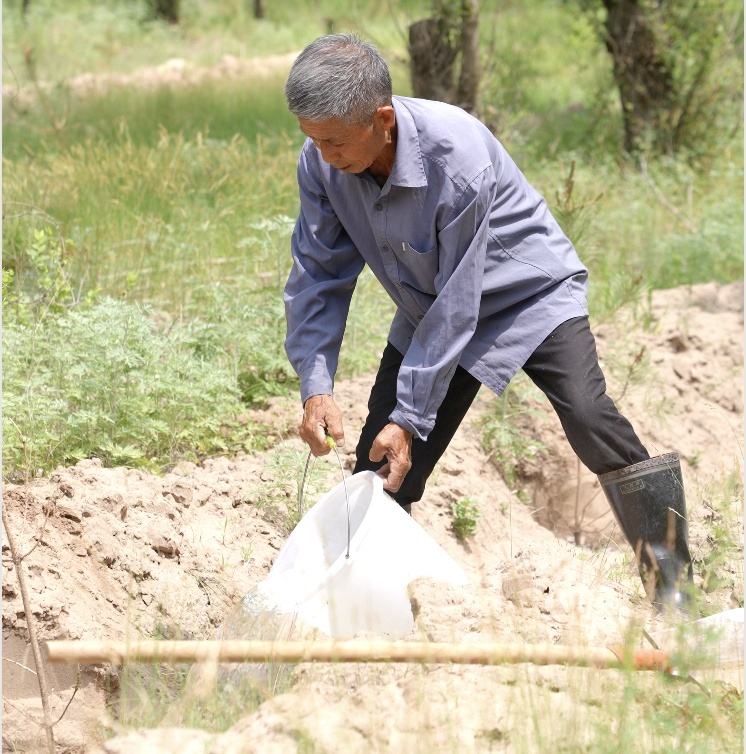
A day is only 24 hours, and this trip will take four or five hours. Compared with more than 20 years, four or five hours is nothing. It is the 24th year since Hou Gui cut and cultivated the first poplar seedling. Twenty-four years ago, Hou Gui and his fellow villagers laughed at themselves for living in "Fengkou" and "Shawozi", and there was a wind every year, blowing from spring to winter.
"Our area is deeply affected by sandstorms. The wind brings all the sand to our yard and crops. The output of farming can’t go up. Sometimes the roads in villages are blocked by sand, and some gardens have been scraped into sand, so they have to be pulled out by car and sent far away. " Hou Gui remembers it clearly.
In 1951, a nursery settled in Zhanggutai, west of Sihe Town, and Hou Gui was born in that year. At that time, the desertification area of Zhangwu had reached 96%. The story of the first generation of sand control people, Hou Gui heard from childhood.
Sometimes, a row of trees can grow into a forest; Sometimes, the barren hills turn green easily and are covered with yellow sand a little bit. In 1983, Hou Gui became a tree planter for the first time: "There was a news in the newspaper that if farmers planted trees in wasteland and barren hills, the forest land would be free of charge and allowed to be inherited by future generations. At first glance, this is a good thing. " Hou Gui understands that the policy is to mobilize everyone to plant trees on their own borders and improve the living environment and production conditions.
He went into battle with a spade. How powerful can a person be in front of the yellow sand? That year, Hou Gui planted 71 acres of trees by himself — — This woodland, which he has used to this day.
After more than ten years, Hou Gui was busy farming and worked as a village cadre. The planted trees plunged into the soil and grew into his heart. By 2001, the tree in my heart met with spring rain.
"The party’s policy is consistent," Hou Gui said. This time, in order to control the sandy land as soon as possible, social forces can also participate in afforestation. Hou Gui went up the mountain conveniently. At the age of 50, he took out all his savings and contracted the Sihecheng Forest Farm.
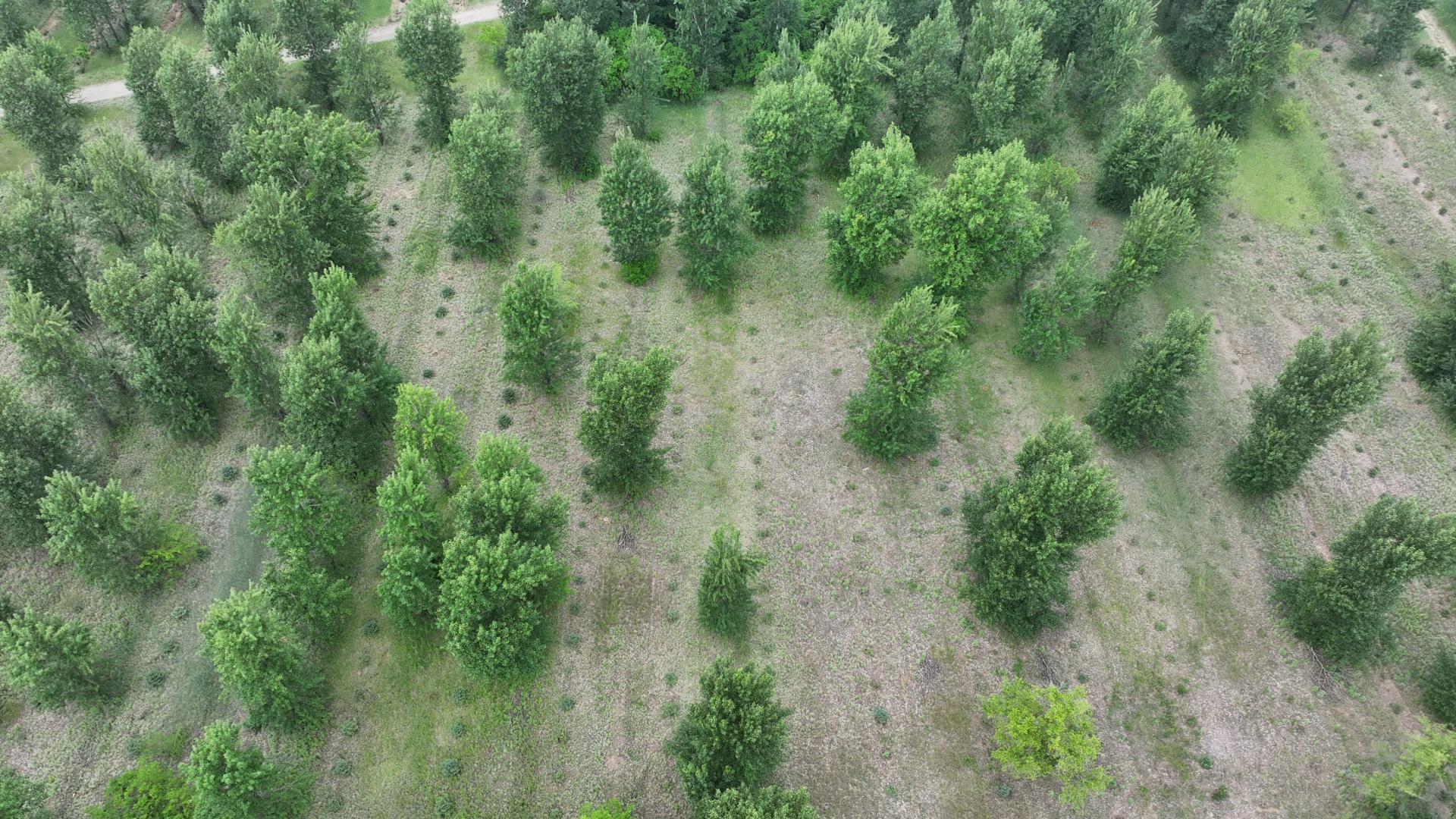
Hou Gui contracted more than 2,000 mu of land to plant trees at once, and everyone thought that he was going to make a fortune. Hou Gui wants to make money? Of course I want to. But he soon found that planting trees not only didn’t make money, but also had to pay money. At that time, poplar seedlings cost more than 10 cents a tree, and Hou Gui could not afford it, so he had to raise them in the field himself. He carried a sickle all over the hills near the village, looking for new branches on young poplars and "sticking" them everywhere. This is how the seedlings are bred.
From branch selection and seedling raising to cutting, in a few days, the seedlings were "swallowed" by the sand, and sometimes it took three or four times to plant a seedling to take root. In the first year, Hou Gui planted 300 acres of poplars. The villagers laughed at Hou Gui, and his wife Li Shuyuan was angry: "I said what’s the use of planting that tree?" Next to scold, brown talks. He said that our country’s call for afforestation is sand fixation, and others can think about it if they like, but what should we do or do? "
Saying "I can’t make money" is still light. Hou Gui said that afforestation not only cost him more than 500,000 yuan in savings, but also brought him "debts". His house is the worst in the neighborhood. In summer, it needs plastic sheets to keep out the rain, and in winter, it needs to burn more fires and paste an extra layer of windows to keep warm. Hou Gui half jokingly, "I don’t want to live in a good room? Do you have to live in a broken house? " He not only told his family, but also told the villagers that he would build the best house as soon as the forest at hand was finished.
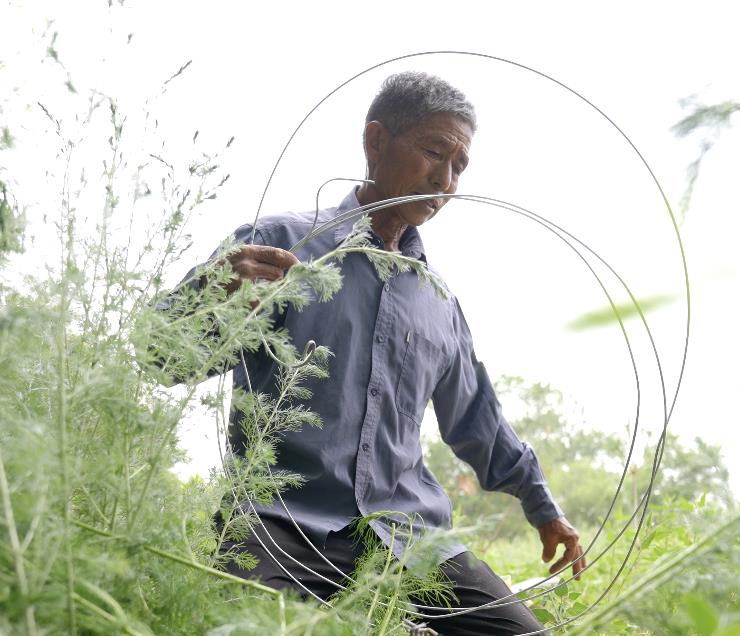
Planting trees to control desertification is more difficult than expected. In the first two years, he overcame the difficulty of "planting", and Hou Gui had a headache for "managing". The trees are growing and the grass is dense. Cattle and shepherds all want to come to Hougui to graze in this forest. At first, I heard that "my cattle and sheep don’t eat trees, but only eat grass", and Hou Gui was not easy to stop. Seeing that the cattle and sheep ate the saplings, Hou Gui was anxious. At last, he and his wife nailed wooden poles to build a fence, and with two hands, they nailed a 7-kilometer protective net.
"Grazing up early, and greedy. If you don’t want to go because of the heavy rain, one or two hundred cows will come in and eat all the thick poplar trees. Niu Guan sees that you are coming, and he is rushing out. If you’re not watching, just leave it there, eat and go. If we don’t hurry in time, the loss will be great. " Hou GUI said.
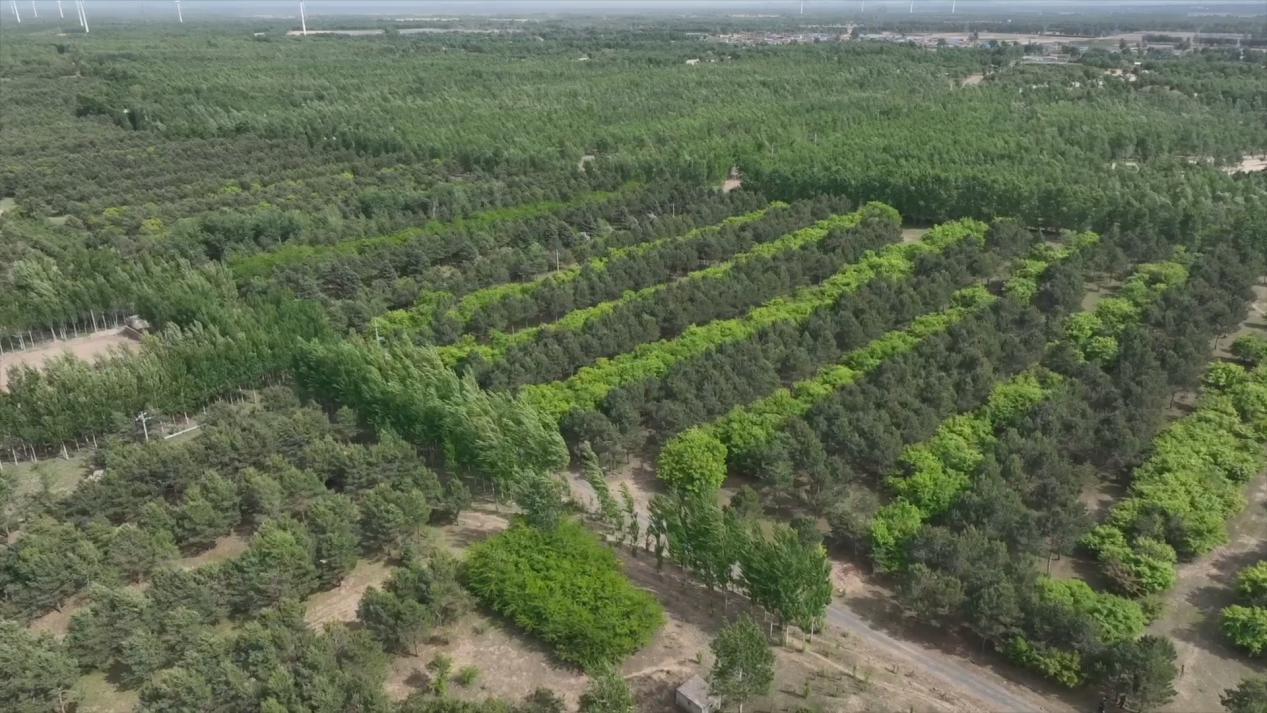
For more than 20 years, covering an area of 2,400 mu, Hou Gui planted more than 260,000 trees, of which 200,000 survived. For him, every tree is a painstaking effort.
In the tenth year of planting trees, Hou Gui began to think about what kind of tree is a better sand-fixing tree because of poplar diseases.
"I designed a plan for the transformation of forest land. Each tree species is planted in ten rows to form a forest belt, with Acer truncatum as the interval in the middle, so that it will be more spectacular after forming in the future. The tree species used are all long-lived tree species with strong drought resistance, which are suitable for growing in our region and creating a fine project with wind-proof and sand-fixing ability for more than 100 years. "
— — This is the answer that a farmer in China fumbled with his hands.

A shovel, a drive, a belief, and a tough battle. Hou Gui never thought about the past twenty years. He looked forward: "I will not be 84 years old in 10 years, but I will not go down the mountain. I can’t do it. I am also here. This is where I really want to support the elderly. " He even thought that a hundred years later, "I will go empty-handed, and the tree is still growing here."
In the June wind, the white wind car rotates slowly, bringing clean energy.
This is the hometown where 74-year-old Hou Gui never says "love". It is still windy in Zhangwu, but the sand has stopped.
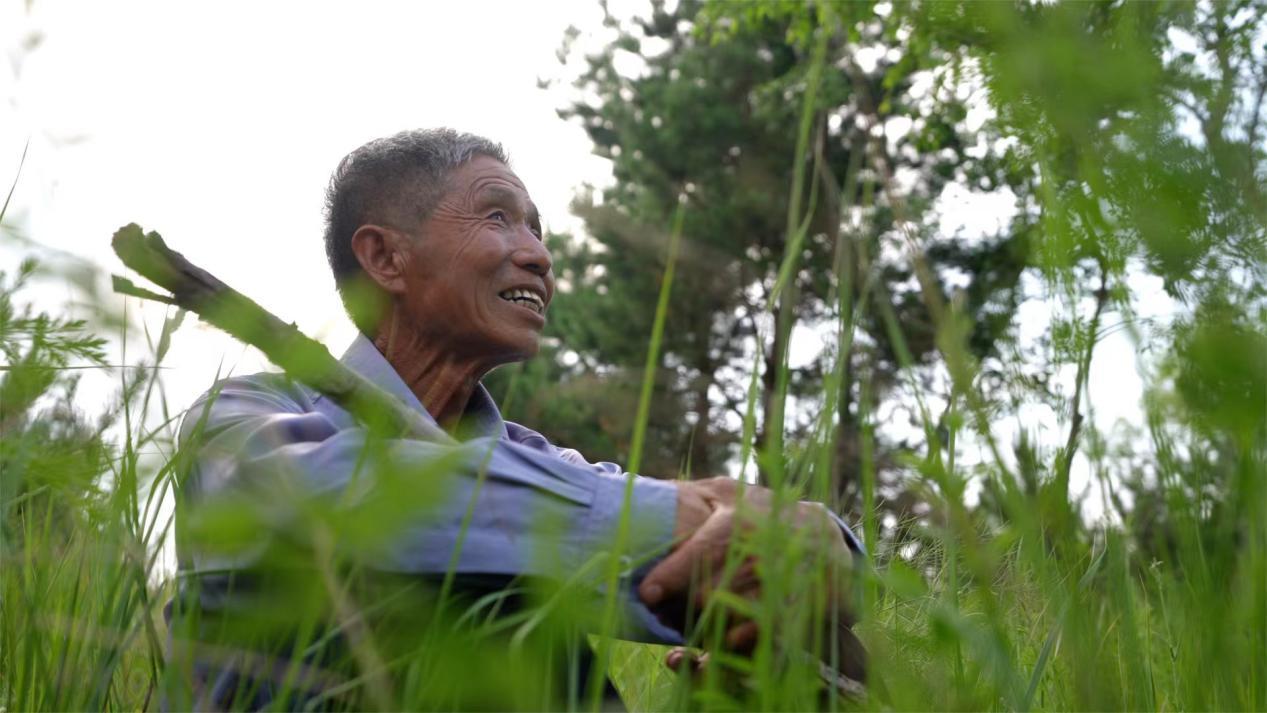
Producer Gao Yan
Planning Shen Jingwen Zhang Chengxia Feng Huiling
Coordinating Du Ximeng
Reporter Yan Jiang Jiyuan Chao Xiangrong
Video director Sun Huan
Video shooting, Zhu Chenghui
Video editing, Zhou Bin
Video packaging Wang Haihan Liu Pufei
New Media Editor Lian Jinliang
关于作者